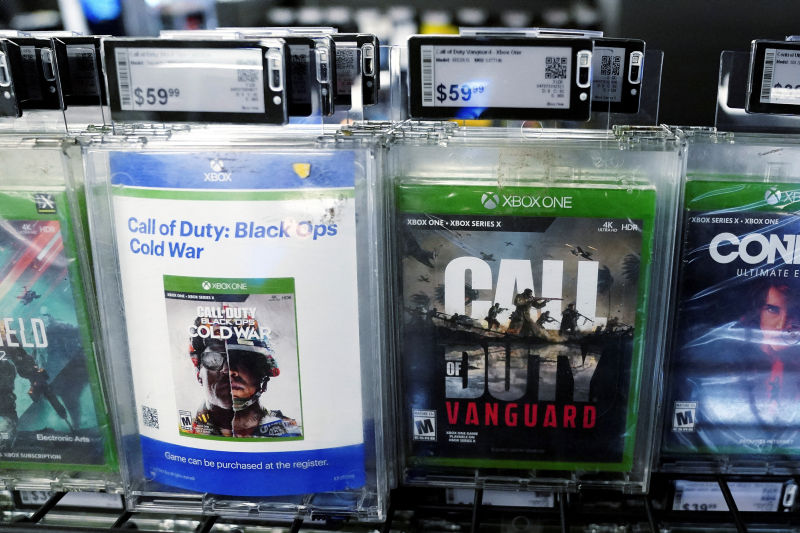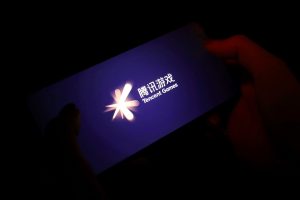Microsoft’s deal to spend up to $75 billion on a video game company throws light on poor countries facing higher debt loads, World Bank president David Malpass said on Wednesday.
Malpass has called on the richest nations in the Group of 20 to provide more debt relief to the world’s least-developed countries that qualify for interest-free loans.
“I was struck this morning by the Microsoft investment – $75 billion in a video gaming company” compared to just $24 billion over three years in aid for the poorest countries, Malpass said.
He was referring to donations allocated in December by 48 high- and middle-income governments.
“You have to wonder [if] is this the best allocation of capital,” he said of the Microsoft deal in a discussion at the Peterson Institute for International Economics. “There has to be more money and growth flowing into the developing countries.”
A G20 debt service suspension initiative expired at the end of 2021, and this year alone, those countries must pay $35 billion in debt service. “The debt payments are staggering,” and it has become a “compounding” problem, Malpass said.
Microsoft on Tuesday announced the purchase of US gaming giant Activision Blizzard, the firm behind hits like “Call of Duty.”
- AFP with additional editing by George Russell
READ MORE:
Beijing to Scrap Tariffs for Poorest Nations – China Daily
G20 leaders vow to help poor nations get Covid vaccines
G20 to extend debt freeze for poorest nations despite wrangling






















